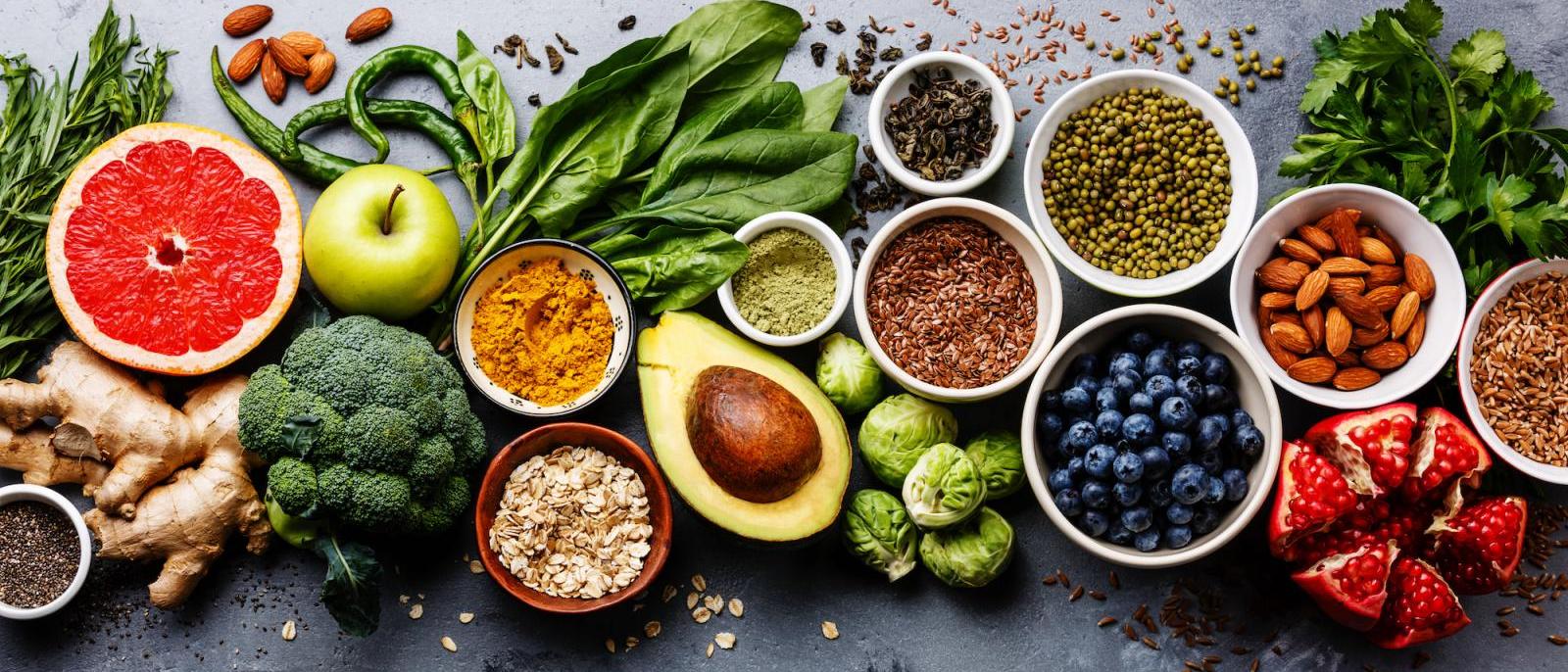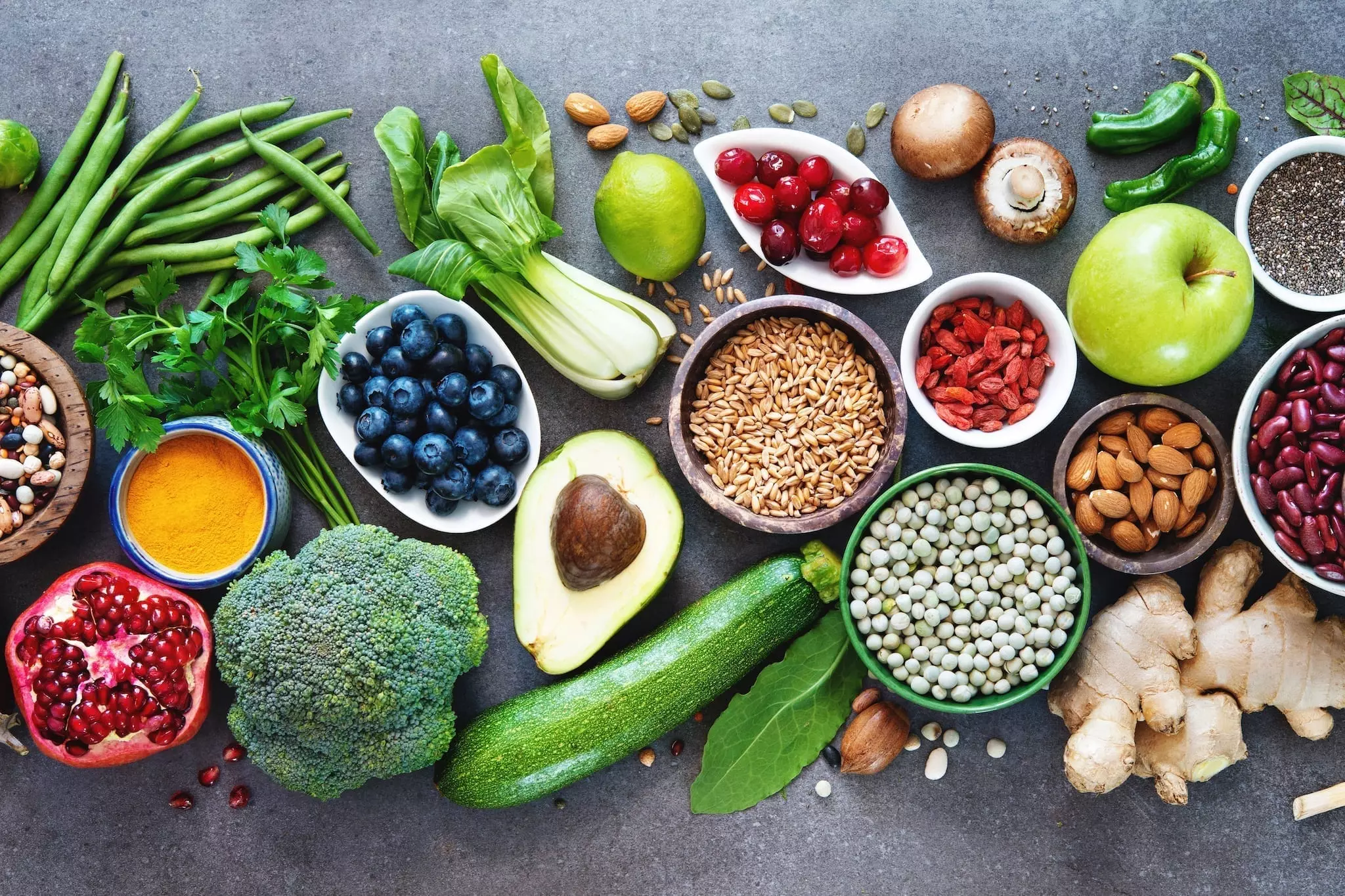As the world outside transforms into a magical winter wonderland, nature presents us with an opportunity to slow down and turn our focus inward. Winter’s shorter days and longer nights create the perfect setting for introspection and self-reflection. Just like the trees gracefully shedding their leaves, we too can let go of what no longer serves us, creating space for personal growth and renewal.
During this serene season, we find solace in the quiet moments when the hush of winter fosters a sense of peace within us. Embracing the true beauty of winter goes beyond merely enduring the cold; it beckons us to embrace the stillness and delve deeper into our thoughts and emotions.
As we seek warmth indoors, let us take this time to reconnect with ourselves, our dreams, and our aspirations. Winter’s slower pace grants us a chance to listen to the whispers of our hearts and rediscover our passions. It’s an opportunity to set intentions, clarify our goals, and cultivate gratitude for the year that has passed.
Just as nature takes a rest to prepare for the eventual blossoming of spring, we too can nourish our minds and souls. Engaging in mindful practices, such as meditation, journaling, or simply savoring a warm cup of herbal tea, can provide immense benefits during this introspective journey. Embracing self-care and self-compassion during this time allows us to emerge stronger and more resilient, akin to the first buds of spring.
As we relish the company of loved ones and indulge in nourishing meals that warm our hearts, like our Creamy Lentil and Vegetable Stew, let us also embrace the stillness of winter. May this season of introspection lead us to a deeper understanding of ourselves and sow the seeds of personal growth for a vibrant and fulfilling year ahead.
Wishing you a cosy and reflective winter season, where the journey within brings you closer to your true self. Embrace the beauty of this introspective time and emerge like a beautiful butterfly from its cocoon, ready to embrace the wonders that lie ahead.






